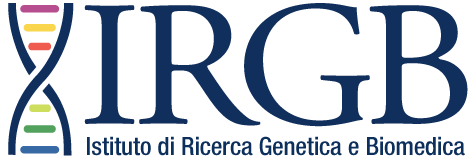β-thalassemia and Sickle Cell Disease (SCD) (β-hemoglobinopathies) are the most frequent monogenic diseases in the world affecting the health of millions of people worldwide. Bone marrow transplantation is the only available definitive treatment for these diseases. However, this therapy has limits and is not accessible to the majority of patients.
The search for definitive alternative therapies has been mainly focused on approaches that use genetic engineering techniques. These diseases, however, are widespread especially in areas of the world where the health system is still far from reaching the standards necessary to carry out these procedures. In these areas, for SCD as an example, even nowadays, about 300.000 babies affected by are born every year and 500 children with SCD die each day due to lack of early diagnosis and therapy. More options for curative therapies are needed.
Our project objective is to evaluate a possible approach to the treatment of β-hemoglobinopathies based on the enhancement of HbA2 expression. HbA2 is normally expressed in the adult, but a low level, and is fully functional.
The project has been funded by the Telethon Foundation for 3 years (GGP20046).
Interview at https://www.rainews.it/tgr/sardegna/notiziari/index.html?/tgr/video/2021/03/ContentItem-57932143-af69-44ac-b847-8dcc37a12426.html (italian only, interview starting at 19’29”)


